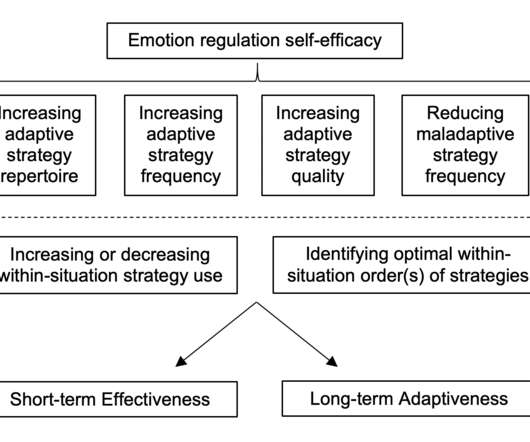Behavioral interventions in community settings for Autism Spectrum Disorders: A Meta-analysis
Society of Clinical Psychology
DECEMBER 13, 2022
Early behavioral interventions (BI) such as applied behavior analysis (ABA) and early intensive behavioral intervention (EIBI) are the main established therapeutic interventions for autism spectrum disorders (ASD). What barriers may exist for implementing behavioral interventions in routine clinical care?























Let's personalize your content